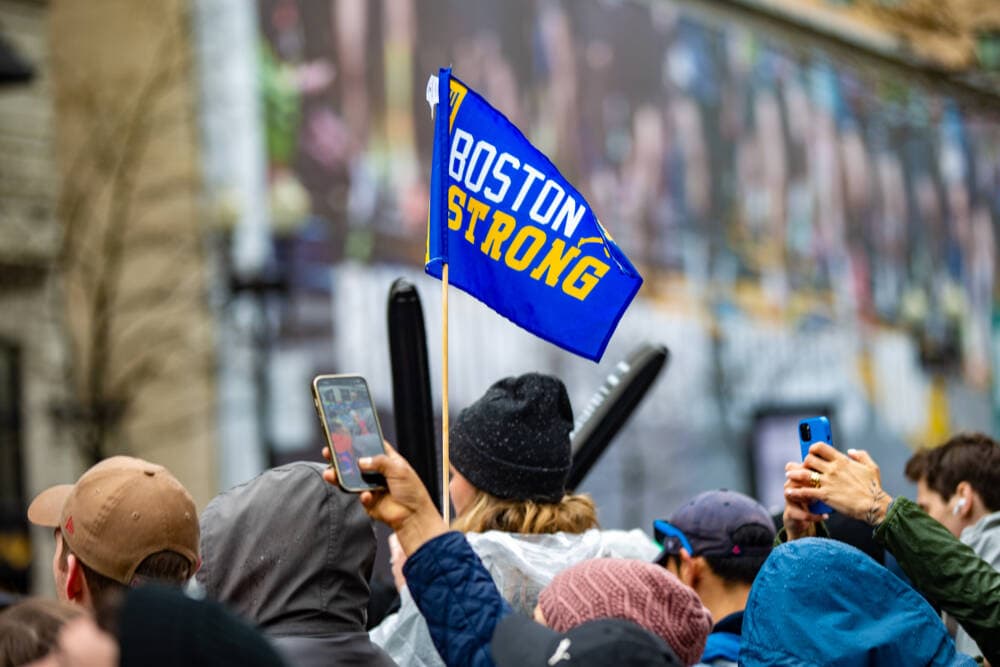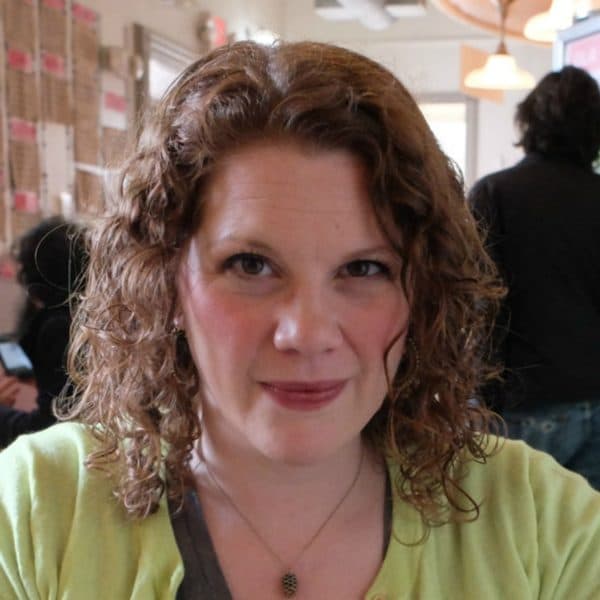Advertisement
Commentary
Why I want a Boston that’s more than ‘strong’

Time and treasure and trauma tether you to a place and a people. I wasn’t always so sure that Boston was my city, but then we became bound to one another. The Boston Marathon bombing in 2013 was one of those occasions that further made me a Bostonian. But “Boston Strong” is not enough. Over the years, the phrase has worn thin, like a commemorative T-shirt put through the wash too many times.
I, like many, moved to Boston and then ended up staying. First school, then a job, and a relationship fixed me to this place. This city has a well-worn reputation for red-shirting newcomers. Even after over a decade here in 2013, Boston still didn’t yet feel like mine.
Yet, the Boston Marathon bombing was something many of us went through together: a violation of our city. One of the things I love most about the Boston Marathon is that people run toward the city, not away from it. When David Ortiz stood at Fenway Park and shouted, “This is our f***ing city, and nobody is going to dictate our freedom. Stay strong!” I cheered too. I wanted us to be strong.
Yet, even at the time of the violence, the divisions of the city were showing. Some forms of violence were seen and attended to, and other forms of violence were not. I wrote an essay a year later — in which I asked, “which Boston is #BostonStrong?” — about an anniversary prayer service in majority Black neighborhoods. That “Boston Strong” T-shirt was pulling apart at the seams.
The idea of a place name and then the word “strong” did not start in Boston. The Livestrong organization initially started the phrase. Vermont Strong came after the floods and “Jersey Strong” was used following Hurricane Sandy in October 2012. But somehow the phrase stuck here. It stuck everywhere. On flag poles and banners, Fenway chants and T-shirts: Boston Strong was universal.
I preached in the days after the marathon bombing and manhunt. The task of the preacher is to help a community make meaning, inviting the people to draw on their sacred stories and traditions.
But some things happened afterward that hurt me, and, I suspect, many. We became only Boston Strong. All that was projected was a garish, loud, brute force: only Boston Strong. Not the fierce tenderness of strangers pulling one another into alleyways and alcoves when everything was unclear. Not the unclear silence that followed the loud boom. Not the marathon lockdown that would prepare us for the COVID lockdown.
Advertisement
Boston Strong left the hands of Bostonians.
Suddenly, that phrase was everywhere. After every natural disaster, after every mass shooting. Someone else was also being forced to be strong. And I despised it. Parkland Strong. Buffalo Strong. Uvalde Strong. Puerto Rico Strong.
I went to a thrift store this week and saw a T-shirt that said, “Pilates Strong.” I seriously considered spending the $5 to buy it and burn it in our backyard fire pit.
How do you redeem what has slipped out of your hands? What you have lost control of when it no longer works, or never worked for you?
What marginalized communities have taught us is that words can be reclaimed and reimagined.
“Pride” was considered a deadly sin, but the LGBTQIA communities knew that we needed to reclaim the word and become proud of ourselves. We did the same thing with the word “queer,” too. Some feminists have reclaimed the word “bitch.” Black communities knew that words that had become slurs could be reclaimed and redeemed, made their own, too.
Though we have also been Boston tender, Boston vulnerable, Boston kind, all of that had receded to the background.
As a preacher, I aim for what is called “inclusive” or “expansive” language about God, who has historically been understood as exclusively (and inaccurately) male. I try to tell stories that are broad and wide-ranging, not just stories of resilience, but stories of heartbreak and fear, turning to God and one another. What I think happened to the Boston Marathon bombing is that only one type of story was told. What would an expansive Boston Strong look like?
An expansive Boston Strong contains all that was lost, all of what we have been but did not get told. Though we have also been Boston tender, Boston vulnerable, Boston kind, all of that had receded to the background. A Boston strong that prioritizes each and every neighborhood, regardless of how and where the violence occurs. A Boston Strong that tells the stories of all the ways our city has been violated. A Boston Strong that weeps and mourns. A Boston Strong that doesn’t force people to be resilient because we keep foisting the same traumas on the same communities.
Ten years on, not only have we been through a bombing and a manhunt, but we’ve been through COVID, nationwide protests over systemic police brutality, collective psychosocial trauma of thousands dead, and an armed assault to overthrow our democracy. Though some have said we’ve gone through a “racial reckoning,” and a “Me Too” moment, I remain skeptical that much has been resolved. We will only become a stronger Boston if those conversations become policy, and the policy becomes permanent reform.
What I want to imagine is a future where some Bostonians are not forced to endure unequal conditions and then rise above. For far too long, we have celebrated resiliency instead of fixing the unequal conditions.
A stronger Boston is dependent on prioritizing care, comfort, and compensation for those who have suffered the most. This city will win when we do not force resiliency to endure unequal conditions, but create the conditions for all to thrive.
Maybe one bright sunny April day all Boston will be stronger, and not just those at the front of the race. Because cities, unlike marathons, are places where we aren’t trying to beat one another. We are all here to win together.
